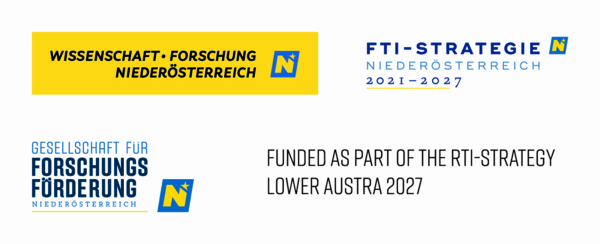Fostering inclusive and healthy small and medium sized cities through community-driven research and activities.
Background
The United Nations (UN) has identified community development as a key factor in social progress, describing it as “a process where community members come together to take collective action on what’s important to them.” This marks a shift from an individual-focused approach to one that considers entire communities and their environments. Such a community-focused perspective not only highlights the importance of inclusion and supportive neighbourhoods but also underscores that role of communities in promoting sustainability and health.
Project Content
The project SINN aims to support the development of cities that are inclusive, safe, resilient, and sustainable. It focuses on small and medium-sized cities and counts reducing poverty, improving nutrition, and promoting citizens’ health and well-being among its top priorities. It also places high value on conducting research with the community rather than on it. In alignment with this, the entire project follows a bottom-up citizen science approach. It is developed, implemented, and evaluated as a joint effort by university staff, students, and residents of a selected neighborhood in Lower Austria. SINN also makes a strong case for more inter- and transdisciplinary research. Rather than investigating inclusion, health, and sustainability in isolation, a more holistic approach is adopted. The project’s main output is a practical toolkit for bottom-up community initiatives that supports in strengthening inclusion and sustainability through health promotion activities.
Goals
The overarching goal of SINN is to investigate the ways in which community-focused physical and cooking activities can strengthen neighbourhoods and help to turn them into places that foster inclusion, health and sustainability.
More concretely the project aims to answer the following questions:
- How can community-based physical activity and community cooking initiatives contribute to promoting inclusive, healthy, and sustainable neighborhoods in small and medium-sized towns?
- What factors are crucial for a successful bottom-up development and implementation. How can citizens be involved in all project steps and the associated activities?
- In what ways can a university become a driving force for community development and fulfil its third mission?
- What synergies arise from the simultaneous promotion of inclusion, health, and sustainability factors?
Methods
Citizen science is central to the SINN project. It emphasizes co-creation and community-based research, and actively engages marginalized groups through a partnership that includes universities, social organizations, and local initiatives. Community members are part of the project's operational team and steering group, and they also contribute as researchers in their own right. Overall, the project places great emphasis on fostering cooperation and joint decision-making. It builds on existing networks but also seeks to broaden the circle of stakeholders.
To ensure citizen perspectives are continuously integrated, the project employs two core community researchers and involves at least 20 additional community researchers. A community-based participatory approach — including physical activities and communal cooking events — is developed for and with the community.
Participatory methods such as photovoice (i.e., sharing experiences through photos and stories), transect walks (i.e., walking a defined route to engage with the community), and interactive workshops are applied.
Outcome and Impact
SINN develops a toolkit for bottom-up community development in small and medium-sized cities. Research findings are submitted to the relevant, scientific open access publications in the fields of social work, community development, health promotion, nutrition, physical activity sustainability. A SINN conference is held to wrap up the project and present the toolkit, experiences and results. Moreover, the project shall be a source of inspiration for similar initiatives in other small and medium-sized towns in Austria and across Europe.
You want to know more. Feel free to ask.
Department of Social Sciences
Petra Schuhmeier (Diakonie St. Pölten)
- Caritas St. Pölten
- Diakonie St. Pölten


